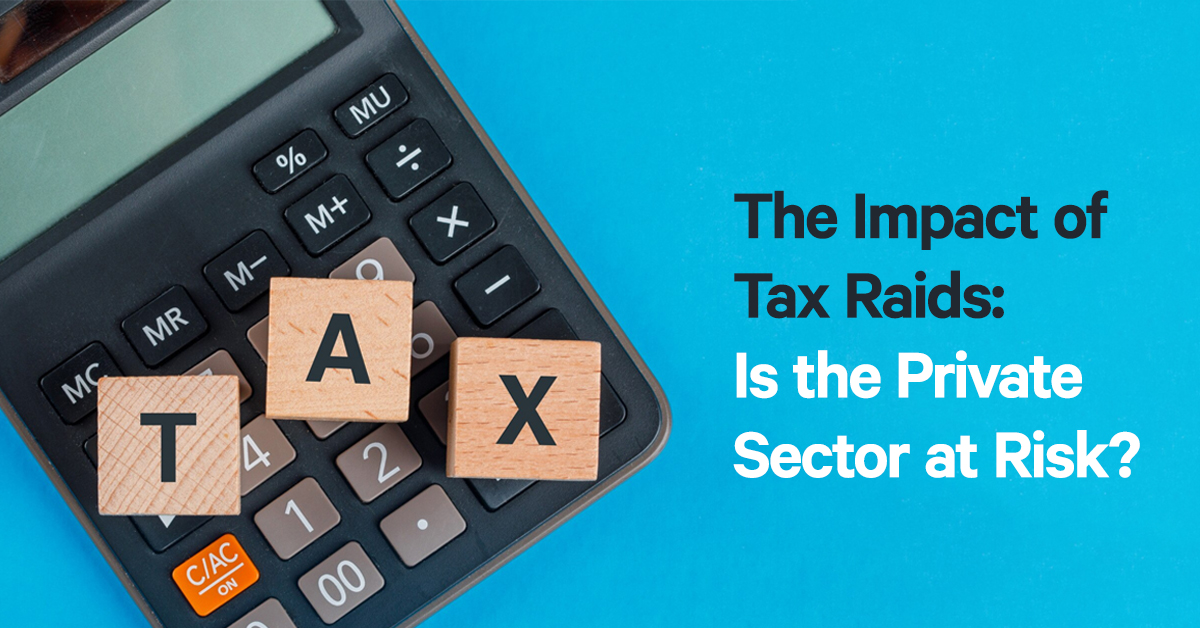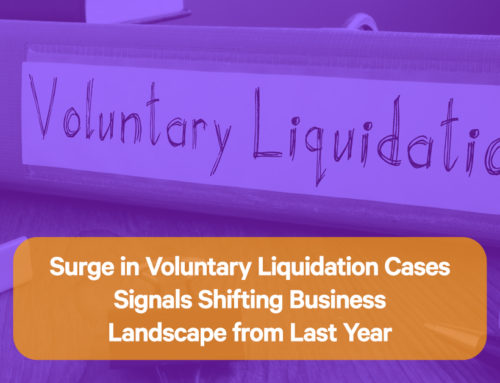In recent years, UK businesses have faced an increasing strain from rising taxes and regulatory burdens. The UK business tax raid has triggered significant concerns within the private sector as businesses, particularly small and medium-sized enterprises (SMEs), struggle to cope with the mounting costs. The government’s approach to taxation, designed to aid recovery from economic losses caused by the pandemic and global disruptions, is adversely affecting businesses. This blog explores the impact of the UK’s business tax policies on the private sector, the challenges faced by businesses, and potential strategies to mitigate these pressures.
The rising cost of doing business
One of the most pressing issues for UK businesses today is the ever-increasing tax burden. Over recent years, the UK government has implemented various tax increases, including higher corporate taxes, National Insurance contributions, and a squeeze on tax reliefs. These measures were introduced to fund public services and address the national debt, which grew significantly due to the pandemic. However, the sharp rise in taxes is proving to be a challenge for businesses already operating on thin margins.
The UK business tax raid has not only increased financial pressures on businesses but has left many struggling to maintain profitability. Higher operating costs are passed down the supply chain, increasing prices and, in turn, reducing consumer spending. That creates a cycle of increased costs and reduced revenue, making it even harder for businesses to thrive.
The impact on small and medium enterprises (SMEs)
Small and medium-sized enterprises (SMEs) are the backbone of the UK economy. However, these businesses are the hardest hit by rising taxes. Unlike large corporations, SMEs often lack the financial resources or tax expertise to effectively manage increased tax obligations. The rise in National Insurance and corporation tax has made it difficult for these businesses to remain competitive, particularly when faced with global competitors who benefit from lower tax regimes in other countries.
For many SMEs raising prices or cutting costs becomes inevitable as they try to absorb these higher tax expenses. Unfortunately, both these strategies often lead to reduced demand for their goods or services, further worsening the financial strain. As a result, many businesses are experiencing lower profits and, in some cases, may even have to close.
The pressure on profit margins
In an environment where operating costs are climbing, profit margins for UK businesses are being squeezed. Many companies find it increasingly hard to balance tax obligations with the need to invest in growth or maintain competitive prices. With inflation also impacting raw material and energy costs, companies are under increasing pressure to pass on these rising costs to consumers. However, doing so risks alienating customers and reducing demand, which can lead to further financial instability.
The UK business tax raid is affecting direct taxation and influencing other areas, such as investment in innovation and job creation. Businesses already struggling with tax hikes may find themselves cutting back on R&D investments or delaying expansion plans. That, in turn, can stifle the long-term growth potential of these companies and hinder the overall economic recovery.
Tax evasion and avoidance concerns
With rising taxes, some businesses may consider seeking ways to reduce their tax liabilities, potentially resorting to tax avoidance strategies. While legal, tax avoidance schemes can create an uneven playing field, allowing large corporations to benefit from loopholes while SMEs bear the brunt of tax hikes. That has led to growing calls for more stringent tax regulations to ensure that businesses, regardless of size, contribute fairly to the economy.
The UK business tax raid has raised awareness of the need for comprehensive reform to ensure the tax system is transparent and fair. Illegal tax evasion also remains a concern as businesses look for ways to avoid the burden of rising costs. However, as tax laws tighten, it gets harder for companies to handle taxes without risking serious penalties.
Long-term economic implications
The long-term impact of the UK business tax raid could be profound. If businesses continue to struggle with rising tax burdens and escalating costs, we could see reduced economic growth, lower levels of investment, and slower job creation. That would not only affect businesses but also the broader economy. As firms cut back on hiring or wages stagnate, consumer spending will continue to slow, leading to a prolonged economic downturn.
Furthermore, the tax burden on businesses could lead to a rise in business closures, particularly among SMEs. With fewer businesses operating, there’ll be fewer opportunities for job creation and a loss of innovation in the market. That could ultimately affect the UK’s global competitiveness and limit future growth prospects.
Potential solutions and adaptation strategies
Despite these challenges, businesses can reduce the impact of rising taxes through effective tax planning, allowing for reinvestment in operations. Seeking advice from tax experts or insolvency practitioners can help minimise tax exposure. Businesses can improve efficiency by streamlining operations, renegotiating contracts, or adopting sustainable practices to cut costs. Lobbying for fair tax reforms, especially for SMEs, is essential. Business leaders must work with the government to push for policies that support growth and avoid unfair tax burdens.
Adapting to the UK business tax raid
The UK business tax raid has put a strain on businesses, particularly SMEs, forcing them to adapt to higher tax obligations and rising operational costs. While inflation, supply chain issues, and energy costs have compounded the problems businesses face, there are opportunities for adaptation. By employing effective tax management strategies, improving operational efficiency, and advocating for tax reforms, businesses can deal with these challenges and continue to contribute to the UK’s economic recovery.
Get in touch
If your business is struggling to cope with rising taxes and financial pressures, our team can help. We offer expert advice on managing your financial obligations and finding the best solution for your circumstances. Our Insolvency Practitioners are highly qualified and authorised by the Institute of Chartered Accountants in England and Wales, offering impartial advice. Call us on 0800 246 1845 or email us at mail@leading.uk.com for a free consultation.






